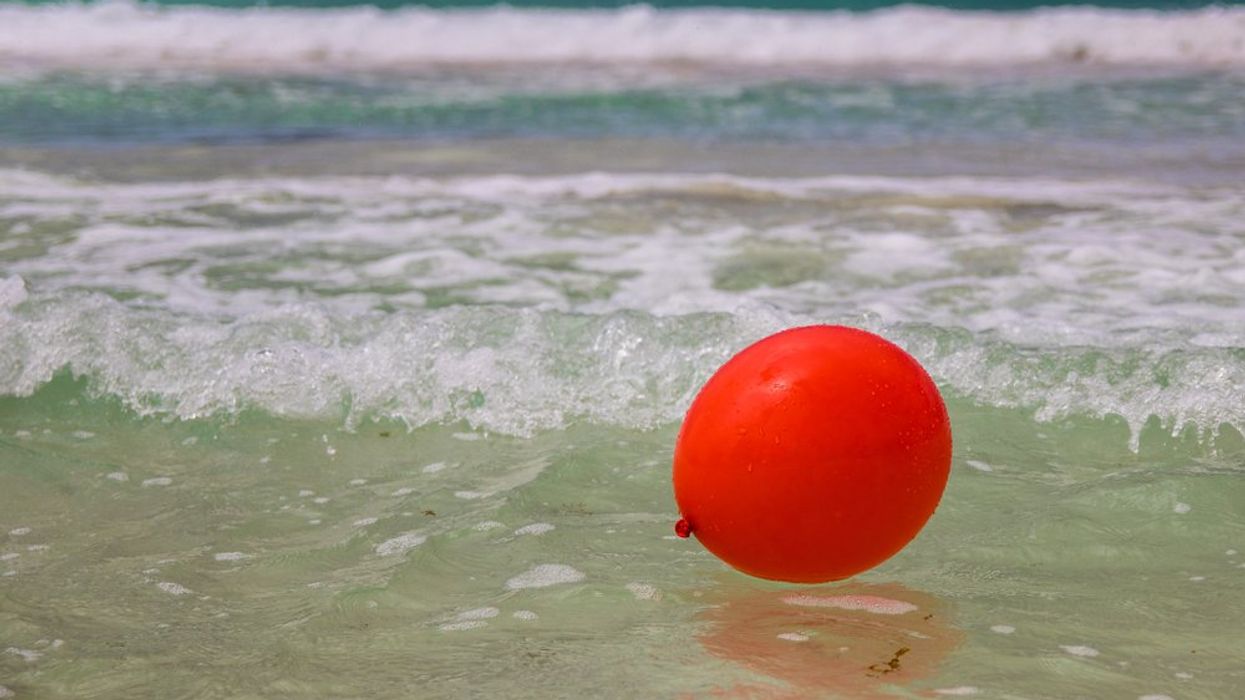The Laguna Beach city council passed a resolution Tuesday night to ban the sale and use of balloons, a prominent source of plastic waste in the ocean.
Balloons are the deadliest form of marine debris, as seabirds are 32 times more likely to be killed by latex than hard plastic, according to Nature. Lara O’Brien, an analyst at the National Oceanic and Atmospheric Administration, told The Guardian that ingesting latex can lead to "obstruction, starvation, and death.”
“This is because latex balloons are made from a soft, malleable material that can easily conform to a bird’s stomach cavity or digestive tract,” she said.
There are no completely biodegradable options, as ocean water often stalls the breakdown process. Kara Wiggin, a microplastics researcher at the Scripps Institution of Oceanography, explained that “a lot of stuff that can break down in soil can’t break down in the ocean at all – so even if something says it’s biodegradable, it might not be marine biodegradable.”
Because of the growing environmental costs, several states have limited the sale and use of the popular party item, with Hawaii, Maryland, and Virginia all having laws forbidding the intentional release of balloons. Florida and New York are currently considering similar restrictions.
While plastic bags are also a large source of plastic pollution, Wiggin added that fewer of them end up on the beach compared to balloons.
“People actively release balloons but they don’t actively toss plastic bags into the ocean,” she said. “So that’s a good low-hanging fruit, especially in Laguna Beach, where the parks are along the water. It’s a great easy answer to manage with legislation.”
Beyond pollution in the world's oceans, there is also a heavy cost for local communities. Anya Brandon, an associate director at nonprofit environmental group Ocean Conservancy, said that many coastal cities are implementing or considering similar policies, as their citizens are directly impacted by the waste.
“Many of these cities use taxpayers’ dollars to pay for beach cleanup, especially where tourism is important," she said, continuing, "Banning them outright is such an effective policy – especially banning the release of them where they could do the most harm.”
Brandon added: “Plastic pollution anywhere impacts the ocean everywhere. We just have one water cycle.”
- How to Protect Yourself From Misleading Greenwashing ›
- Kenyan Landfills Are Overflowing With Fast Fashion Waste ›
- Ocean Protection Treaty Signed by Nearly 200 Countries | AdvocateChannel.com ›
- What Rising Ocean Temperatures Mean For the Planet | AdvocateChannel.com ›
- How Can We Keep Microplastics Out of the Ocean? ›
- The Great Pacific Garbage Patch Is Now So Big That It Grew Its Own Ecosystem ›
- Over 170 Trillion Plastic Particles Are in the World's Oceans ›


















































